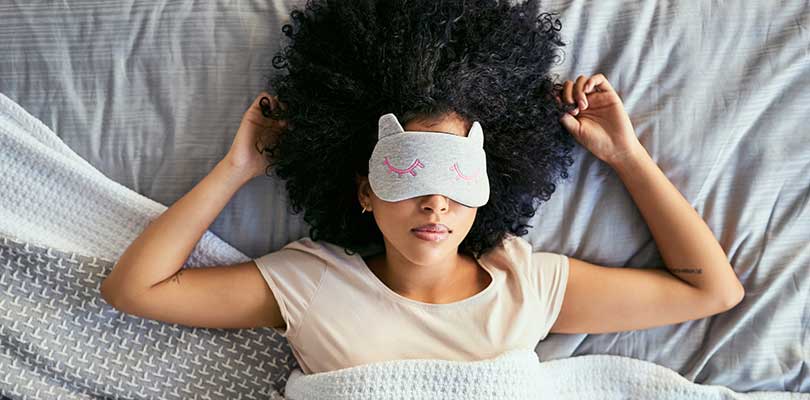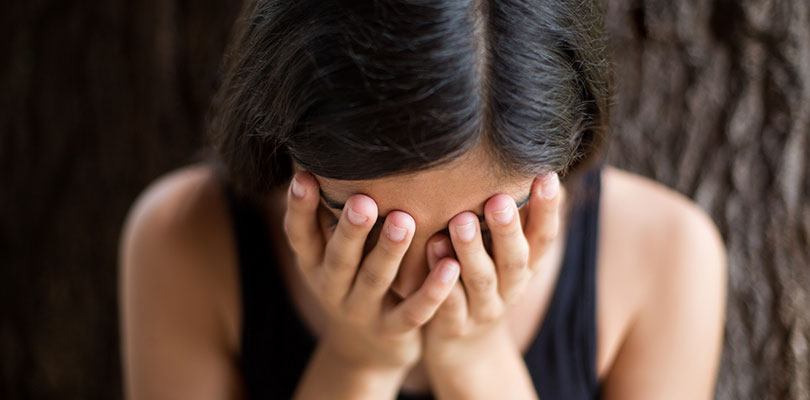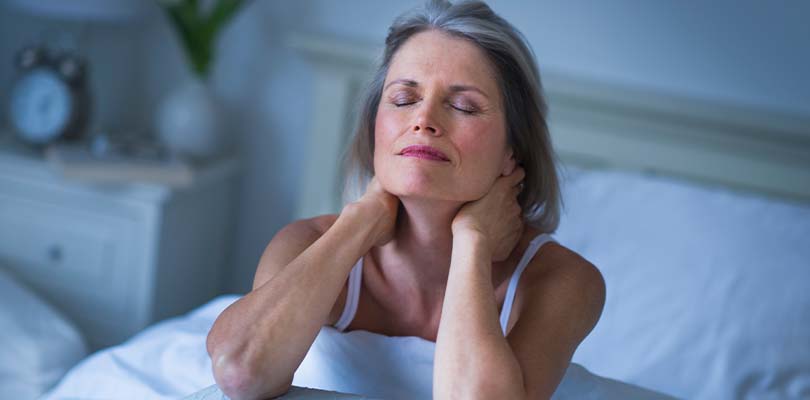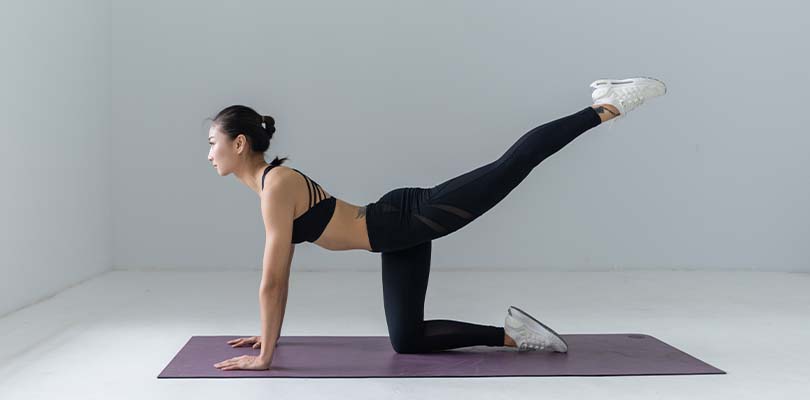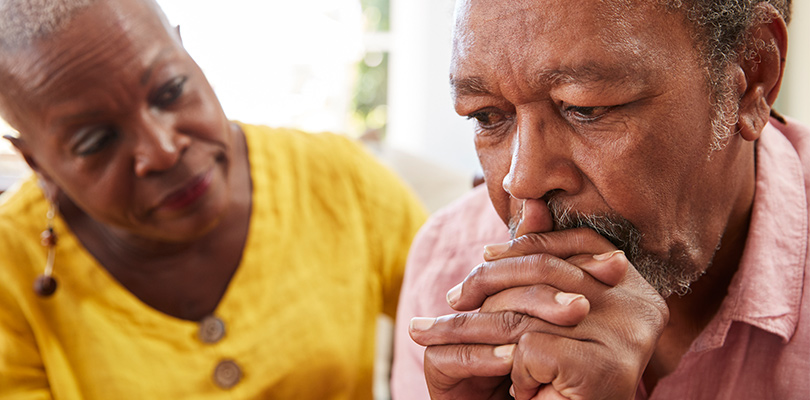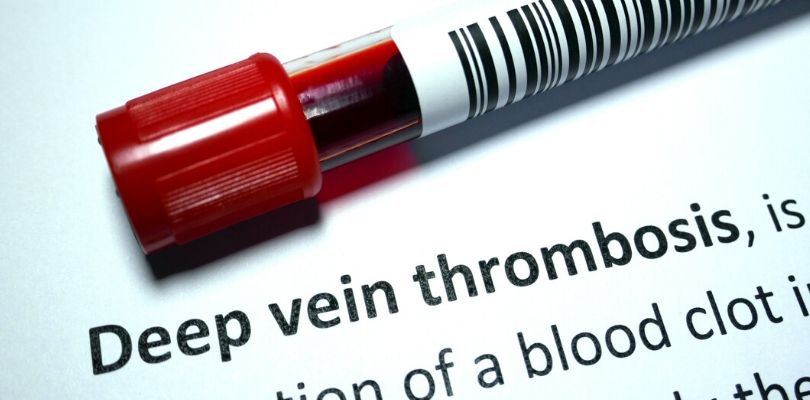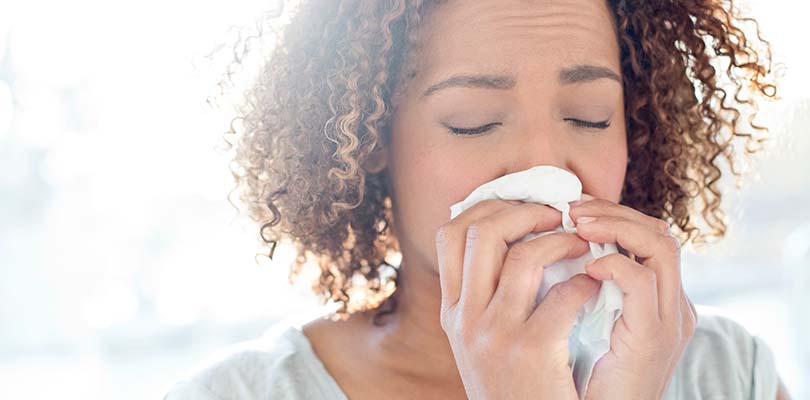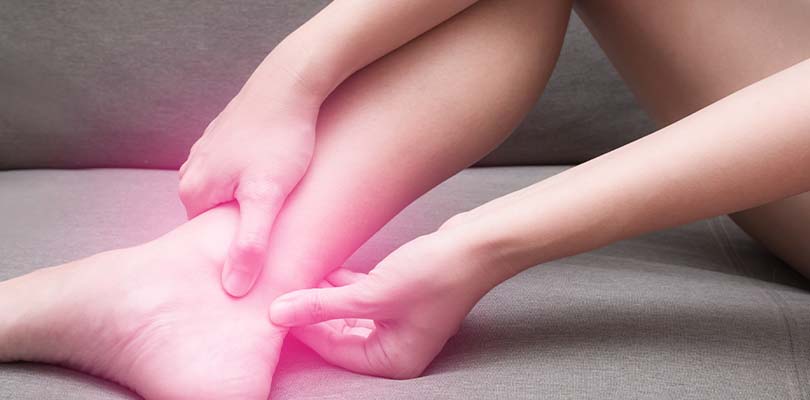Using Sleep Aids Can Help Improve Sleep Patterns
The importance of a good night’s rest cannot be overstated. If you want to feel well, function at a high level, and have energy for the whole day ahead, you need to start with solid sleep.
But what happens when desired sleep becomes elusive? In these situations, many people search for sleep aids to improve the quality and quantity of their sleep. There are many types of sleep aids, and each kind works in a different way.
Sleep Aid Basics
If you struggle to fall asleep and stay asleep, you are not alone. Many people report having some degree of insomnia, a condition affecting a person’s ability to sleep well.
According to the National Sleep Foundation:
- 48 percent of people in the U.S. have occasional insomnia
- 22 percent have insomnia every night or almost every night
- Women and people over 65 are more likely to have insomnia
- People spend about $14 billion each year on insomnia treatments
With all of these people needing insomnia treatment, there is a huge market for ways to help improve sleep, and sleep aids are an answer for many. A sleep aid refers to any product or strategy that helps a person achieve a wanted state of sleep.
Prescription Sleep Aids
Medications are the most common treatment for poor sleep with as many as 25 percent of adults in the U.S. using a drug to improve sleep. Your doctor may recommend a medication when:
- The cause of your insomnia is clear and well-treated with medications
- You cannot function due to being tired
- Other treatments are ineffective
- The sleep problems are only expected to be short-term
The most effective prescription sleep aids fit into a class of medications called hypnotics. Benzodiazepines like Ativan, Klonopin, and Xanax are commonly prescribed to help someone fall asleep quickly and obtain the lasting sleep they desire.
The prescriber may also recommend an alternative sleep aid like Ambien or Sonata. These medications are not benzodiazepines, but they create a similar effect in the body and in the brain.
Depending on a person’s type of sleeping problem, other medications could include antidepressants or anti-anxiety medications. Remember, just because your doctor prescribes these medications does not mean they think you are depressed or anxious. It only means these medications may help your type of sleep problem.
Risks of Prescription Sleep Aids
Despite the efficacy of prescription sleep aids like benzodiazepines, these medications carry a significant amount of risk, especially when treatment guidelines aren’t followed. Treatment guidelines for sleep aids include:
- Only use the lowest possible dose
- Only use in the short-term with total treatment lasting just a few weeks
- Only use sleep aids in partnership with therapy or other good sleep habits
Unfortunately, these guidelines are rarely followed with many people using high doses of sleep aids for long periods without any use of behavioral strategies. Without following these best practices, serious risks emerge.
One of the most significant risks of sleep aids is the formation of tolerance, addiction, and/or physical dependence on the drug. When used consistently, a person’s brain becomes so accustomed to the medication that it cannot function well without it.
At this point, they need the medication just to have normal levels of sleep, so they will take extreme measures to get and use the medication. Without the prescription, they will be unable to sleep and could experience a variety of unwanted withdrawal effects.
The risks of ill effects from prescription sleep aids increases in:
- People who drink alcohol because it intensifies the drug’s effects
- Older people because it increases the risk of falling
- People who work with heavy machinery because sleep aids impair their reaction time
- People with sleep apnea because it could disrupt their breathing
Why are you so emotional? It can be really hard to tell, so take practical steps to assess your physical and mental wellbeing.
Alternative Sleep Aids
Some people experiment with alternative sleep aids. One group of over-the-counter products used off-label to help with sleep is called antihistamines.
Antihistamines are meant to help with colds or allergy attacks, but they also trigger drowsiness, which makes them desirable sleep aids. Be cautious, though. These medications can produce unwanted side effects like:
- Breathing problems
- Bronchitis
- Problems urinating
- Daytime sleepiness
- Lower metabolism
Though there are dozens of products sold to promote sleep, many have no real support or scientific backing. Some natural products associated with improved sleep include:
- Valerian: a root people use to make tea that is also available as a supplement or additive in other products.
- Melatonin: a substance found in the brain to induce sleep. Store-bought melatonin is artificial or derived from animals.
These may be helpful for many, but ineffectual for others. Luckily, they are generally safe.
Behavioral Sleep Aids
Though the idea of taking a pill to improve sleep sounds appealing, the best sleep may be achieved naturally with specific behavioral adjustments. By changing your habits around bedtime, you could establish routines built around restful sleep.
Called sleep hygiene, the practice of adjusting your lifestyle to get better sleep is very effective and easy to accomplish. You can try:
- Going to bed at the same time each day
- Avoiding alcohol, caffeine, and heavy meals for several hours before bed
- Using your bed for sleeping only
- Creating a calm, dark, and quiet environment in your bedroom
- Turning off the TV, tablet, and cell phone an hour before bed
Sleep hygiene takes some experimentation, but when established, the benefits will be long-lasting with no harmful side effects.
Many sleep aids are available. Your job is to work with professionals to find which is the best fit for you.
